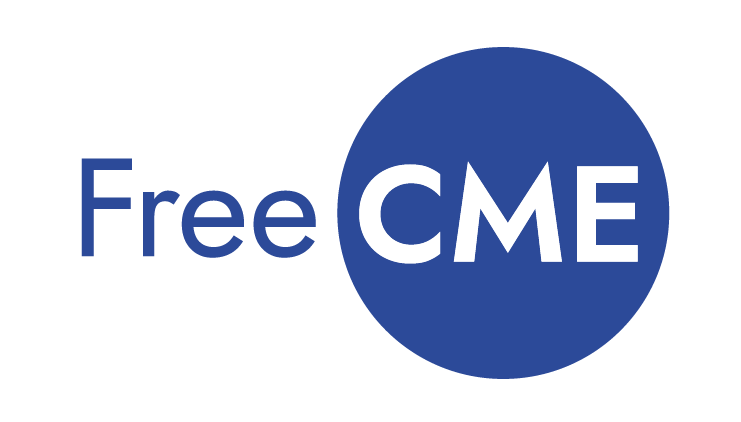Emergency medicine demands rapid decision-making, broad clinical knowledge, and the ability to manage acute presentations across all age groups and medical conditions. From trauma and cardiovascular emergencies to toxicology and infectious disease, emergency providers must stay continually updated to provide safe, effective, and timely care. At FreeCME, we recognize the unique demands of this specialty and offer a robust collection of free emergency medicine CME courses tailored to the needs of physicians, physician assistants, nurse practitioners, and other urgent and emergent care professionals.
Featured Courses

Mental Health and Behavioral Medicine Interventions in Opioid-Sparing Chronic Pain Treatment

Beyond the Headache: Leveraging the Criteria and Evidence-Based Acute Therapies to Improve Migraine Diagnosis and Referral Pathways in the Emergency Department

Taking Aim on Hemophilia A: Establishing Collaborative Practices Between Hemophilia Treatment Centers (HTCs) and Community Providers to Mitigate Inequities in Care

Multidisciplinary Strategies for Mitigating Diagnostic Delays and Optimizing Treatment in Patients With Chronic Inflammatory Demyelinating Polyradiculoneuropathy (CIDP)
About Our Emergency Medicine Courses
Each course is developed in partnership with accredited CME providers, ensuring you receive evidence-based, clinically relevant education that meets licensing, credentialing, and certification standards. Whether you’re practicing in a busy urban ED, a rural hospital, or a freestanding urgent care clinic, our free CME offerings are designed to be both practical and impactful—covering real-world scenarios, emerging threats, and critical updates in emergency care.
FreeCME makes it easy to learn on your own schedule. All courses are available online and on demand, allowing you to study whenever your shifts allow. Complete a short post-test and immediately download your CME certificate—streamlining your continuing education and keeping you focused on what matters most: your patients.
Our emergency medicine curriculum spans a wide range of must-know topics, including:
-
Cardiovascular emergencies, such as acute coronary syndromes, arrhythmias, and heart failure
-
Trauma management, including head injury, spinal trauma, and hemorrhage control
-
Toxicology and overdose response, covering opioids, sedatives, stimulants, and antidote use
-
Sepsis and infectious disease, including early recognition, antimicrobial strategies, and evolving pathogens
-
Neurologic presentations, such as stroke, seizure, and altered mental status
-
Pediatric and geriatric emergencies, with age-specific assessment and management guidance
-
Procedural skills, airway management, and rapid stabilization techniques
These activities are especially relevant for clinicians working in the emergency department, urgent care, critical access hospitals, or prehospital settings. Our content supports both board-certified emergency medicine physicians and clinicians from other backgrounds who regularly handle acute care situations.
